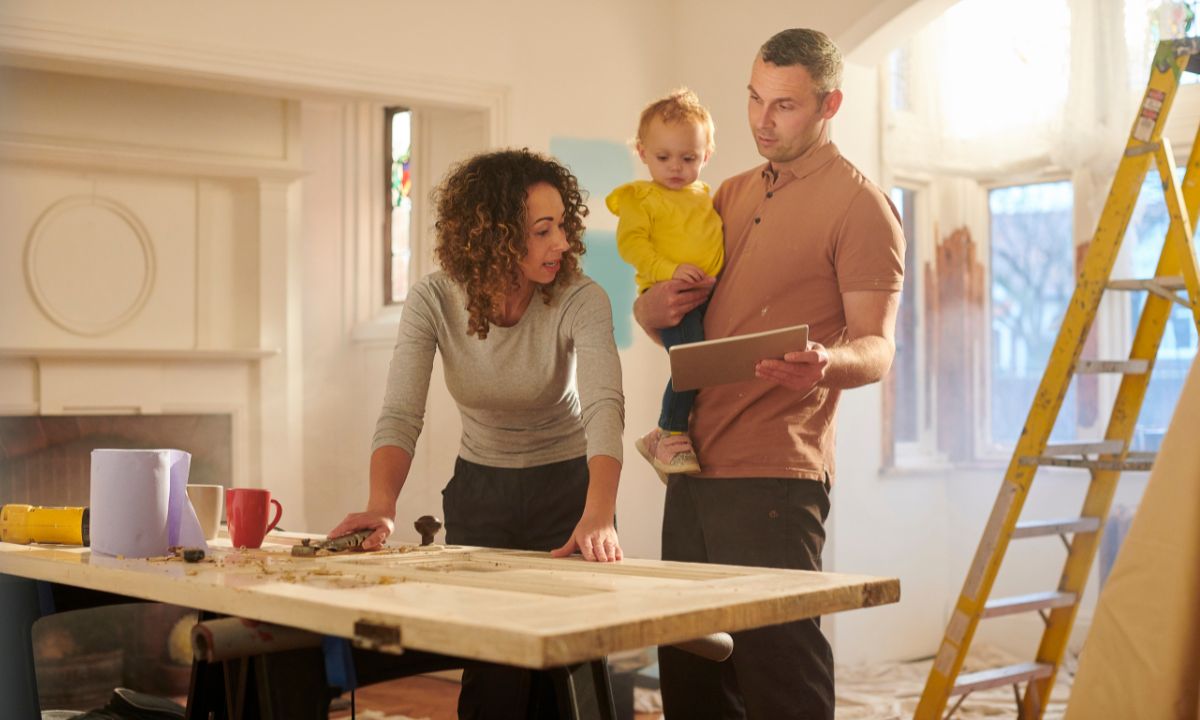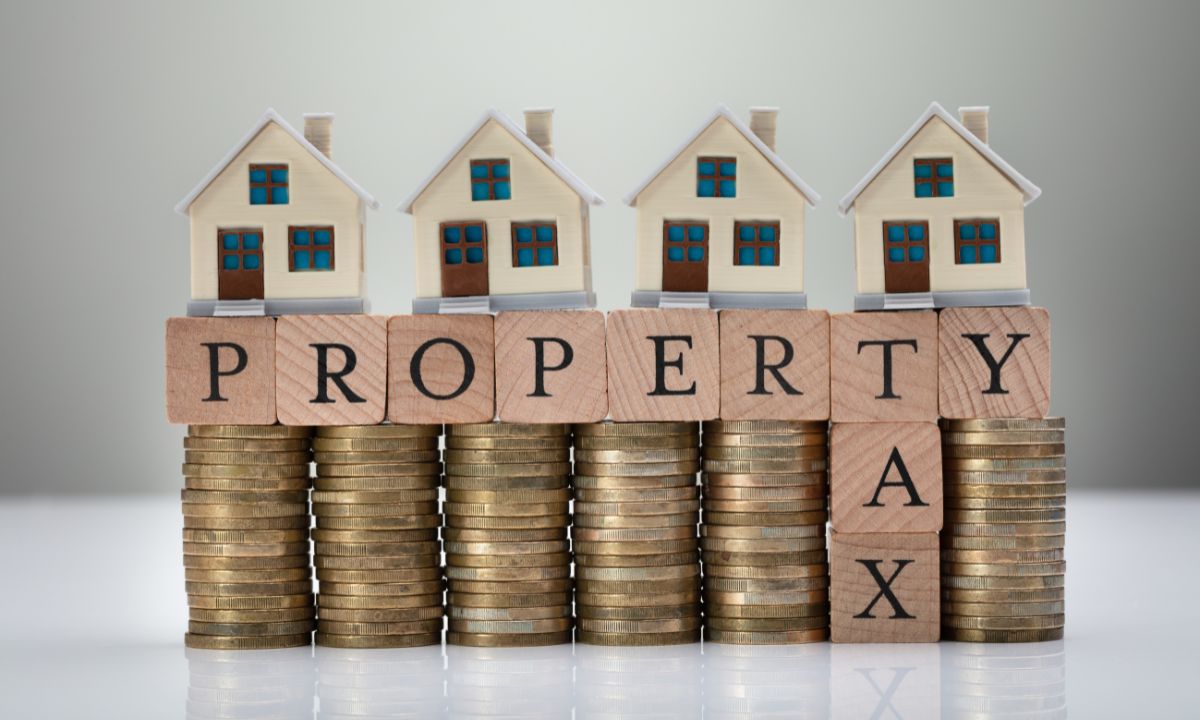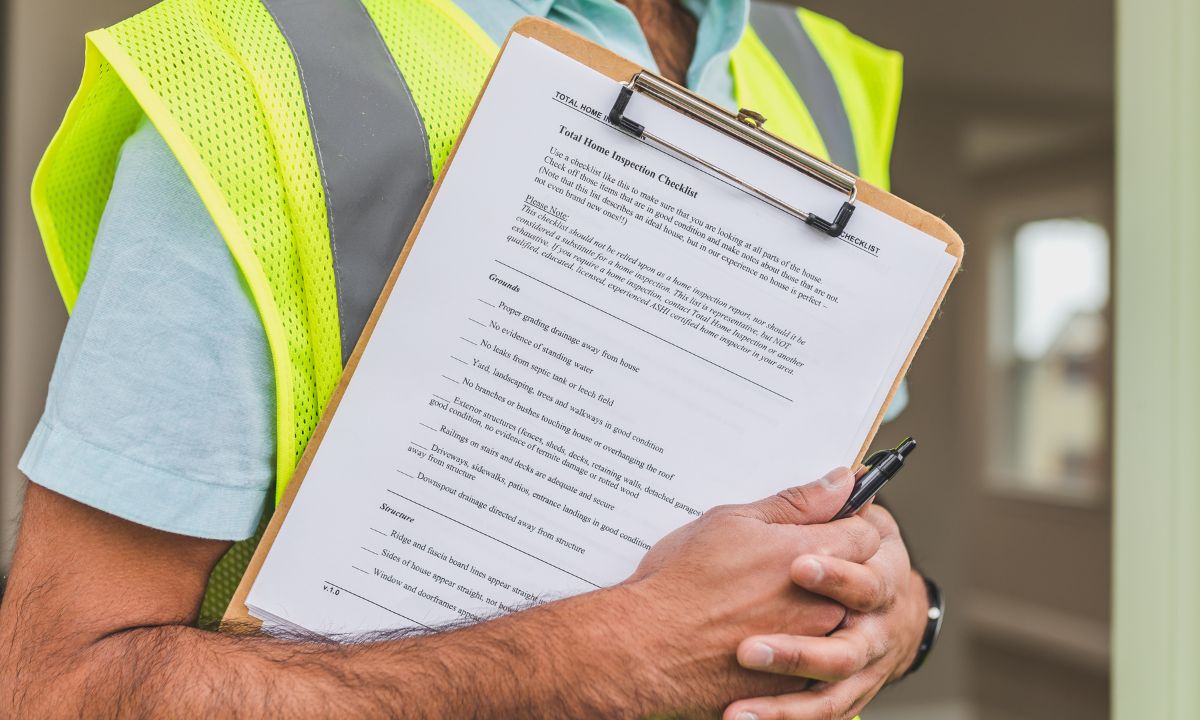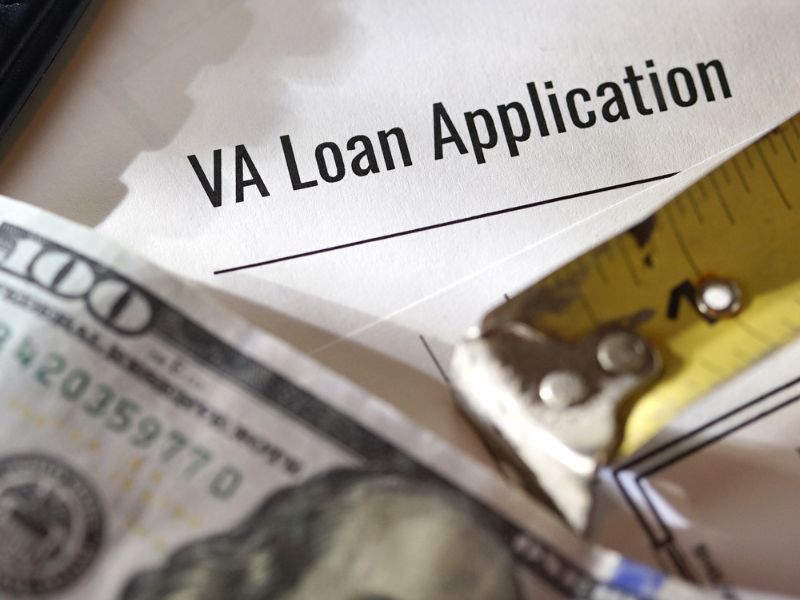 Many homeowners seek to enhance their living spaces while concurrently adding value to their properties. However, numerous home improvement initiatives often come with exorbitant price tags, reaching six figures for extensive renovation projects. Nonetheless, there exist cost-effective alternatives that homeowners can explore.
Many homeowners seek to enhance their living spaces while concurrently adding value to their properties. However, numerous home improvement initiatives often come with exorbitant price tags, reaching six figures for extensive renovation projects. Nonetheless, there exist cost-effective alternatives that homeowners can explore.
What are some of the top considerations for homeowners?
Invest in Quality Ceiling Fans:
The installation of high-quality ceiling fans represents a prudent investment for homeowners. Beyond mere aesthetics, ceiling fans play a pivotal role in maintaining optimal indoor comfort levels throughout the year. Energy Star-certified models not only contribute to energy efficiency but also demonstrate a commitment to sustainable living practices. By strategically positioning ceiling fans between 7 and 8 feet above the floor, homeowners can optimize air circulation and temperature regulation within their living spaces. Despite the advanced features and energy-saving capabilities of modern ceiling fans, their affordability renders them an accessible upgrade for homeowners seeking to enhance both comfort and energy efficiency.
Plant Trees in the Yard:
The strategic planting of trees offers multifaceted benefits for homeowners and their properties. In addition to enhancing the visual appeal of the landscape, trees serve as natural barriers against soil erosion and environmental elements. Furthermore, by providing shade and wind protection, trees contribute to the reduction of energy consumption, particularly during hot summer months. As trees mature over time, they not only augment the aesthetic value of the property but also increase its market desirability and resale potential. Despite the initial investment associated with tree planting initiatives, the long-term benefits in terms of energy savings and property value appreciation far outweigh the upfront costs.
Upgrade Home Insulation:
Often overlooked, the quality of home insulation significantly impacts energy efficiency and utility costs. While not as visually striking as a kitchen or bathroom overhaul, enhancing insulation levels can yield substantial savings. Regularly assessing insulation quality enables homeowners to identify opportunities for improvement and cost reduction. Allocating resources to insulation upgrades is a prudent investment in long-term energy efficiency and financial savings.
By implementing these strategies, homeowners can elevate their living environments while concurrently increasing property values, all within reasonable budgets.
 Purchasing a new home is an exciting milestone, but it also comes with various responsibilities, including understanding property taxes. Property taxes are a crucial aspect of homeownership, as they contribute to local government funding and services. In this guide, we’ll break down everything you need to know about property taxes as a new homebuyer.
Purchasing a new home is an exciting milestone, but it also comes with various responsibilities, including understanding property taxes. Property taxes are a crucial aspect of homeownership, as they contribute to local government funding and services. In this guide, we’ll break down everything you need to know about property taxes as a new homebuyer.
 Preparing to sell your home requires numerous decisions: Should you freshen up the paint? Finally, finish the basement. Renovate the bathroom? These questions often dominate the pre-sale planning. However, before diving into renovations, it is important to understand how your home has held up over time. One fundamental step in this process is investing in a professional home inspection. Here’s why.
Preparing to sell your home requires numerous decisions: Should you freshen up the paint? Finally, finish the basement. Renovate the bathroom? These questions often dominate the pre-sale planning. However, before diving into renovations, it is important to understand how your home has held up over time. One fundamental step in this process is investing in a professional home inspection. Here’s why. For the brave men and women who have served in the armed forces, the dream of homeownership becomes more attainable and rewarding through the power of VA loans. We will discuss the unique features that make VA loans a tool for veterans, empowering them to secure homes with financial flexibility and favorable terms.
For the brave men and women who have served in the armed forces, the dream of homeownership becomes more attainable and rewarding through the power of VA loans. We will discuss the unique features that make VA loans a tool for veterans, empowering them to secure homes with financial flexibility and favorable terms. In today’s fast-paced world, finding ways to unwind and connect with nature is increasingly important. One of the best ways to do this is by making the most of your outdoor living space. Whether you have a smaller backyard or a cozy balcony, there are plenty of easy ways to transform it into a welcoming oasis where you can relax, entertain, and enjoy the beauty of the outdoors. In this article, we’ll explore four simple yet effective ways.
In today’s fast-paced world, finding ways to unwind and connect with nature is increasingly important. One of the best ways to do this is by making the most of your outdoor living space. Whether you have a smaller backyard or a cozy balcony, there are plenty of easy ways to transform it into a welcoming oasis where you can relax, entertain, and enjoy the beauty of the outdoors. In this article, we’ll explore four simple yet effective ways.